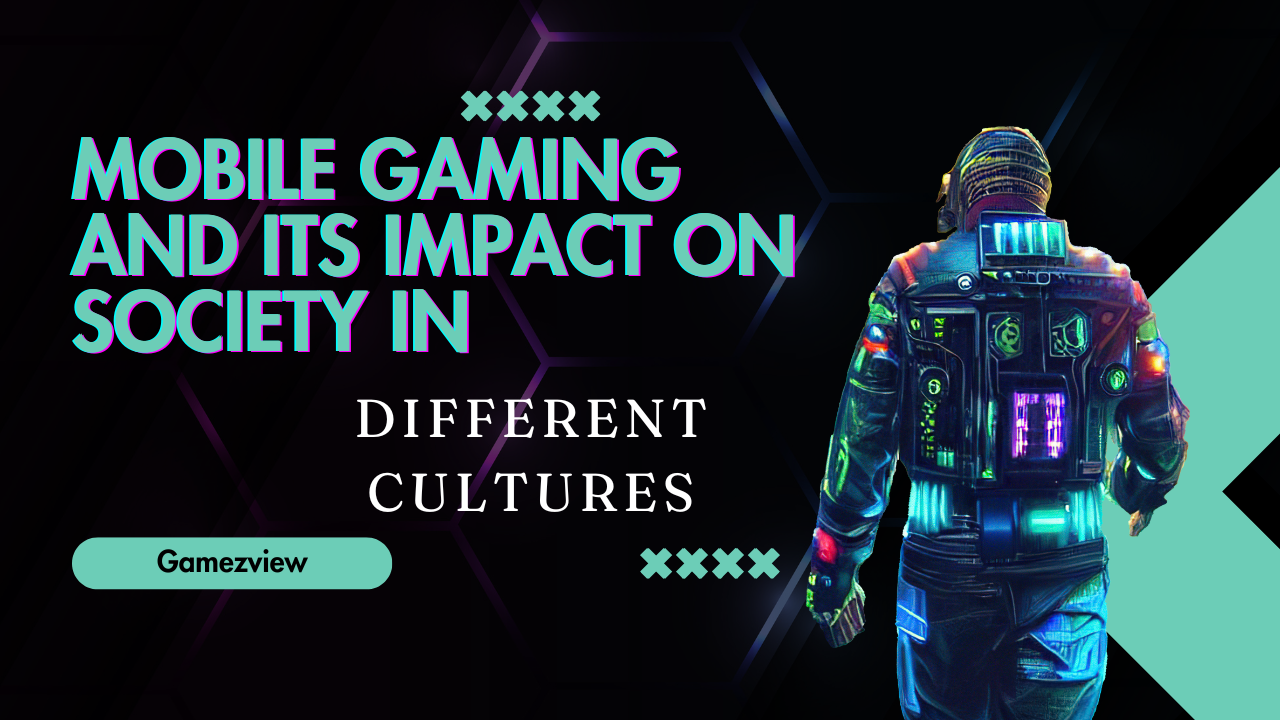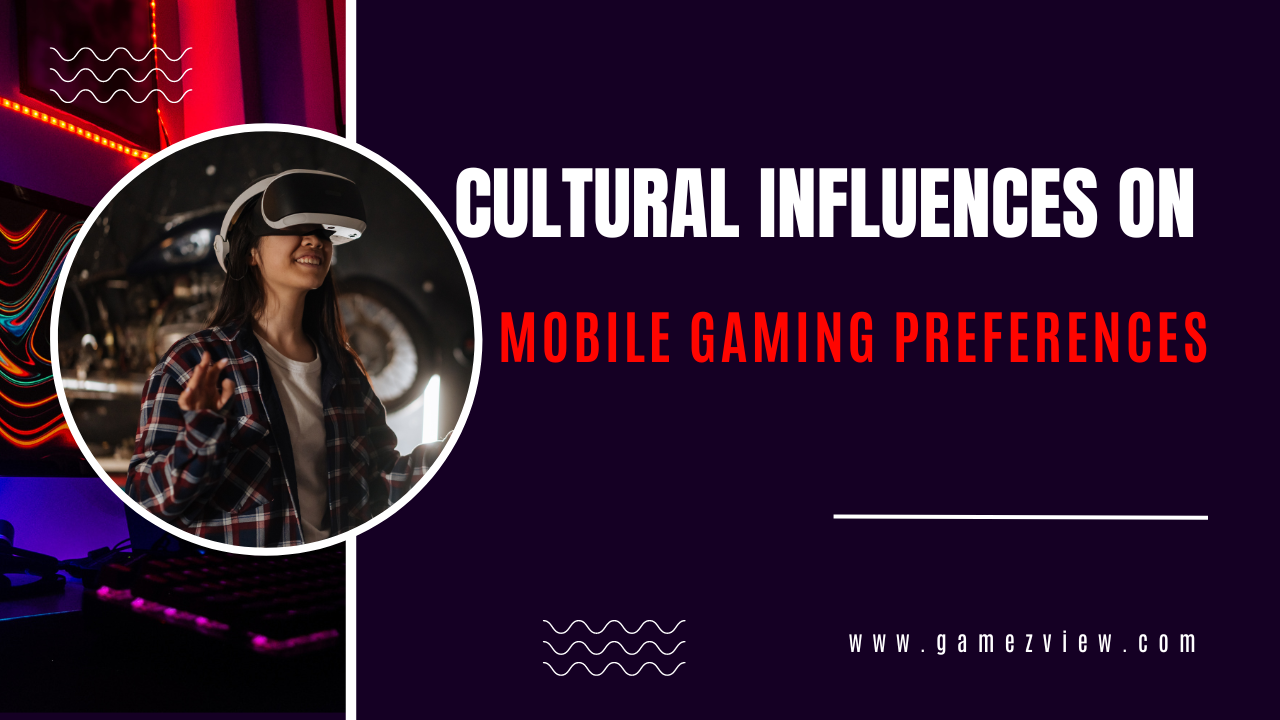Esports, short for electronic sports, has emerged from the niche world of gaming into a global phenomenon that captivates millions of viewers and participants worldwide. In this article, we explore the profound impact of esports on mainstream culture, examining its evolution, economic significance, social implications, and prospects.
History and Evolution of Esports
Competitive gaming traces its roots back to the early days of arcade tournaments and LAN parties. Over the years, it has evolved into a multi-billion-dollar industry, with professional players, teams, and leagues competing for fame and fortune. From humble beginnings to sold-out arenas and lucrative sponsorships, the journey of esports mirrors the rise of digital technology and the globalization of gaming culture.
Esports and Global Reach
What was once considered a niche hobby has now become a global phenomenon, transcending geographic boundaries and cultural barriers. Esports tournaments attract millions of viewers from around the world, thanks in part to the accessibility of streaming platforms like Twitch and YouTube. Moreover, the cultural significance of esports varies from region to region, reflecting the unique preferences and interests of diverse audiences.
Economic Impact of Esports
The economic impact of esports cannot be overstated. With revenue streams ranging from ticket sales and merchandise to advertising and sponsorships, the industry has become a lucrative business opportunity for investors and entrepreneurs alike. Sponsorship deals with major brands and partnerships with traditional sports organizations further validate esports’ mainstream appeal and financial viability.
Esports and Entertainment
Esports has blurred the lines between gaming and entertainment, attracting celebrities, musicians, and influencers eager to capitalize on its popularity. From celebrity endorsements to crossover events with traditional sports leagues, esports has become a staple of mainstream media and pop culture. Its influence extends beyond the gaming community, shaping fashion trends, music playlists, and social media conversations.
Social Implications of Esports
At its core, esports is about community and camaraderie. Online gaming platforms serve as virtual meeting grounds where players can connect, compete, and collaborate with like-minded individuals from around the globe. Moreover, esports has provided opportunities for underrepresented groups to find a sense of belonging and empowerment in an industry historically dominated by white males. From female gamers breaking barriers to esports scholarships opening doors for aspiring professionals, the social impact of esports cannot be overlooked.
Challenges and Controversies
Despite its many benefits, esports is not without its challenges and controversies. Concerns over addiction and excessive gaming have led to calls for greater awareness and responsible gaming practices. Moreover, ethical issues surrounding player treatment and competition integrity have sparked debates about the need for industry standards and regulatory oversight. As esports continues to grow and evolve, addressing these challenges will be crucial to ensuring its long-term sustainability and success.
Future Outlook of Esports
As we look to the future, the sky’s the limit for esports. With advancements in technology and changing consumer behaviours, the industry is poised for continued growth and innovation. From virtual reality tournaments to blockchain-based gaming ecosystems, the possibilities are endless. However, challenges such as inclusivity, sustainability, and ethical governance remain, requiring collaboration and commitment from all stakeholders to ensure a bright and prosperous future for esports.
The impact of esports on mainstream culture is undeniable. What was once dismissed as a niche hobby has blossomed into a global phenomenon that transcends boundaries and bridges communities. From its humble beginnings to its current status as a billion-dollar industry, esports has proven its staying power and cultural relevance. As we navigate the ever-changing landscape of gaming and entertainment, embracing esports as a cultural force is not just a choice but a necessity.
FAQs
1. What is the difference between esports and traditional sports?
- While both involve competitive gameplay, esports refers to organized video game competitions, whereas traditional sports involve physical activities such as basketball or soccer. However, the lines between the two are increasingly blurred, with esports gaining recognition as a legitimate form of competitive entertainment.
2. How do esports players make money?
- Esports players can earn money through tournament winnings, salaries from professional teams, sponsorships, streaming revenue, and endorsements. Top players can command six-figure salaries and lucrative endorsement deals, similar to athletes in traditional sports.
3. Can anyone become a professional esports player?
- While anyone can aspire to become a professional esports player, the path to success requires dedication, skill, and perseverance. Players must hone their gaming abilities, build a strong online presence, and compete in tournaments to attract the attention of scouts and team managers.
4. Are there age restrictions for participating in esports competitions?
- Age restrictions for esports competitions vary depending on the game and tournament organizers. Some competitions have minimum age requirements to ensure fair competition and compliance with legal regulations.
5. How can I get involved in esports if I’m not a player?
- There are many ways to get involved in esports beyond playing games. You can become a coach, manager, commentator, content creator, or event organizer. Additionally, you can support your favorite teams and players by attending tournaments, purchasing merchandise, and engaging with esports communities online.






